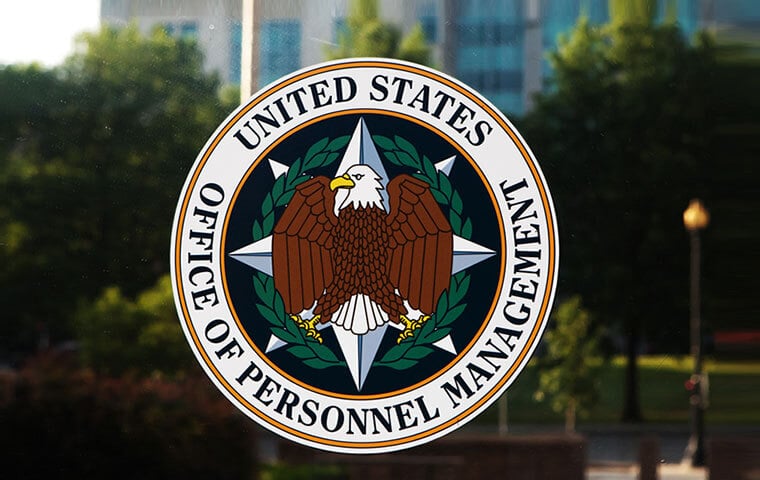 Ratings for supervisors themselves are to include a new “holding employees accountable” element. Image: Mark Van Scyoc/Shutterstock.com
By: FEDweek Staff
Ratings for supervisors themselves are to include a new “holding employees accountable” element. Image: Mark Van Scyoc/Shutterstock.com
By: FEDweek StaffOPM’s new directive on federal employee performance evaluations and their implications includes a message that wants supervisors to produce a “positive and compliant workplace culture.”
That message was in an appendix describing expectations for supervisors in the memo, which among other things sets an expectation that ratings of employees will mirror the performance of their work unit and requires that employees be evaluated according to “clear performance expectations and goals that align individual employee efforts with organizational goals, the agency’s mission, and the President’s policy priorities.”
Ratings for supervisors themselves are to include a new “holding employees accountable” element that reads: “Ensures subordinate’s commitment to efficient work execution. Models self-accountability and holds subordinates accountable for high-quality results. Recognizes, supports, and rewards excellent work from employees supervised. Timely and efficiently addresses poor and mediocre performance of employees supervised—including seeking appropriate action up to removal from the Federal service. Takes appropriate action when employees report concerns of illegal conduct or waste, fraud, or abuse.”
Says the explanatory material: “Outstanding performance in this element reflects a supervisor who not only meets the basic requirements but exceeds them by creating a high-performing team that consistently delivers exceptional results, while maintaining a positive and compliant workplace culture.
Specifically, it says, that involves characteristics such as someone who “consistently demonstrates and instills a strong commitment to efficient work execution among subordinates, leading by example and optimizing processes to enhance productivity” and :achieves exceptional results through subordinates by setting clear, ambitious goals and providing the necessary resources and guidance to exceed expectations consistently.”
Other provisions germane to the role of supervisors include that:
* “Each supervisor and manager must be provided training on specific topics related to performance management within one year of an employee’s initial appointment to a supervisory position, as well as refresher training for all supervisors and managers at least every three years.”
* “Beginning with the Fiscal Year 2026 cycle, supervisors will also be required to successfully complete a supervisory course on this guidance along with skills typically found in new supervisor training such as employee recognition and awards, hiring/firing, performance management (including drafting effective performance goals, elements and standards), and discipline.”
* “Regular communication is the key for supervisors in monitoring job performance, addressing issues early, and taking appropriate action when necessary. Supervisors should “clarify and flesh out the day-to-day application of performance standards to particular workplace and job requirements, which may evolve during the appraisal period, by providing feedback and examples.” Thus, they should schedule regular performance check-ins with employees they supervise. The regular check-ins can vary from monthly to quarterly but should not prevent more frequent communication to address questions or concerns in real time.”
Deferred Resignation Periods about to End for Many; Overall 12% Drop
Retirement Surge Likely as Deferred Resignation Periods End
Senate Rejects Bills to Defer Shutdown; Familiar Process Lies Just Ahead
Senate Bill Would Override Trump Orders against Unions
Report Describes Impact of Shutdown on Employees, Agencies
TSP Adds Detail to Upcoming Roth Conversion Feature
See also,
How to Handle Taxes Owed on TSP Roth Conversions? Use a Ladder
The Best Ages for Federal Employees to Retire
Best States to Retire for Federal Retirees: 2025

